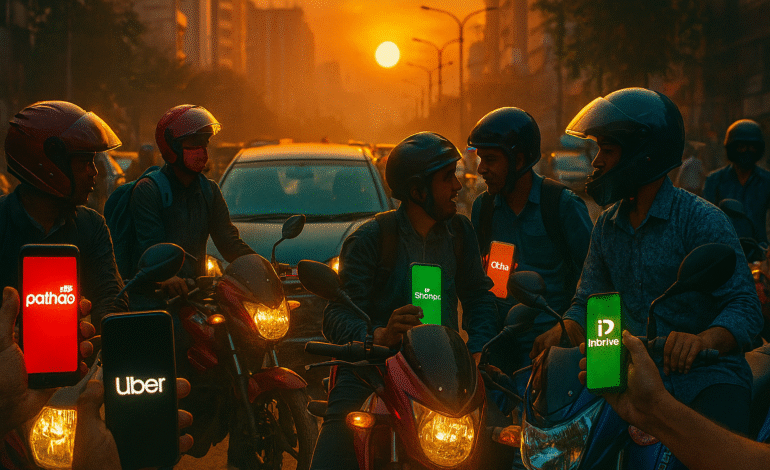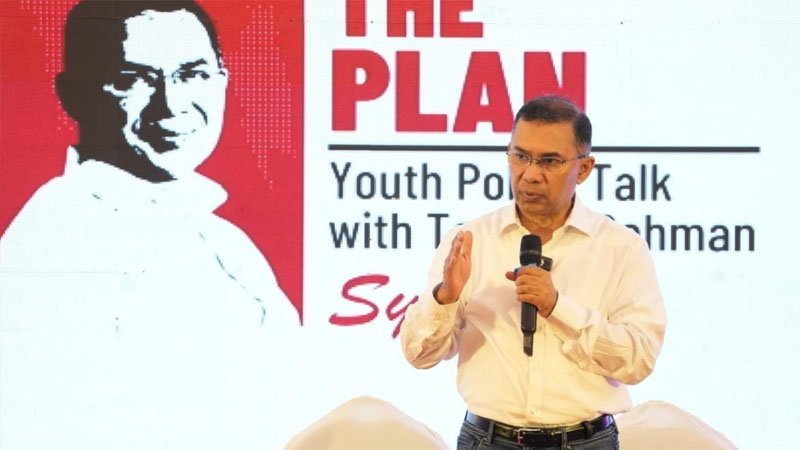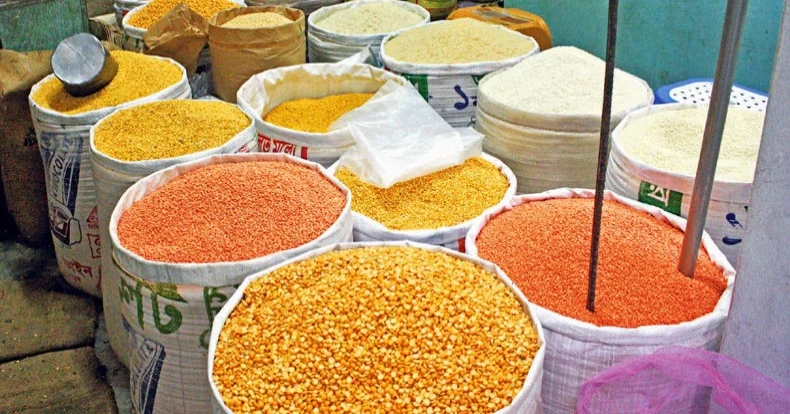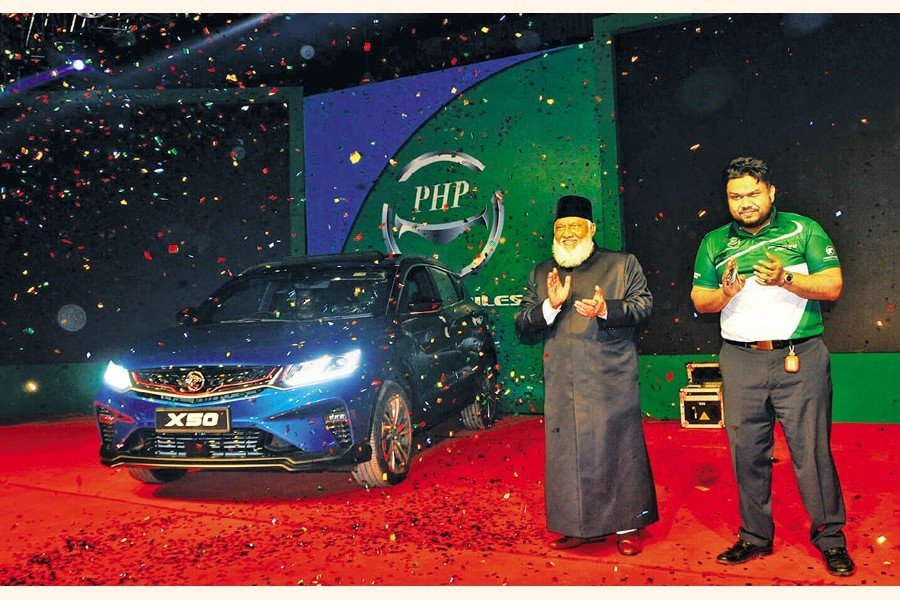Ride Sharing Apps in Bangladesh: Revolutionizing Urban Mobility

Ride sharing apps in Bangladesh have completely transformed how people move around busy cities like Dhaka, Chittagong, and Sylhet. What once meant waiting for hours to hail a rickshaw or taxi has evolved into just a few taps on a smartphone. From local startups to global giants, these platforms have revolutionized urban mobility, made commuting safer, and created income opportunities for thousands of drivers.
Today, the market for ride sharing apps in Bangladesh is estimated to be worth over Tk 2,000 crore, with millions of rides completed each month. While competition is fierce, five major names continue to lead the way in terms of business conduct, user trust, marketing strength, and overall success — Pathao, Uber, Obhai, and inDrive. Let’s explore how each of these apps is redefining modern transportation in Bangladesh.
Pathao — Bangladesh’s Homegrown Success Story
Founded in 2015, Pathao is arguably the most successful of all ride sharing apps in Bangladesh. Starting with motorbike rides in Dhaka, the company quickly expanded into cars, food delivery, and parcel services. Today, Pathao stands as a tech-driven super app that symbolizes Bangladeshi innovation.
Pathao’s success lies in its localized approach. From integrating mobile wallets like bKash and Nagad to ensuring verified riders and safety protocols, it has earned users’ trust. Its marketing campaigns often emphasize empowerment — especially among youth and gig workers — which helped it become a household name.
Financially, Pathao’s growth has been steady. Reports suggest that its ride volume grew several times over recent years despite market challenges. Its low commission rates, efficient app interface, and 24/7 customer support make it a go-to platform for both riders and drivers.
Uber — Global Expertise Meets Local Adaptation
When Uber launched in Bangladesh in 2016, it brought global credibility to the ride-sharing industry. As one of the most recognized ride sharing apps in Bangladesh, Uber has used its international experience to introduce world-class features like live GPS tracking, driver background checks, and in-app safety tools.
Uber’s marketing strength lies in its premium positioning. It targets middle and upper-middle-class commuters who prioritize convenience, professionalism, and reliability. While its fares are slightly higher than some local alternatives, many users prefer Uber’s clean cars, timely arrivals, and robust safety features.
From a business standpoint, Uber continues to be a key player. Even though it faces tough competition from Pathao and Shohoz, its brand trust and global systems make it one of the top-performing ride sharing apps in Bangladesh for both short and long trips.
Obhai — Ethical Operations and Corporate Solutions
Among the early players in Bangladesh’s ride-sharing scene, Obhai has built a name for ethical business practices and reliability. It offers motorbike, car, and CNG rides — a unique three-tier system that appeals to different income groups.
Obhai focuses on corporate ride solutions, targeting companies that need employee transport services. Its commitment to transparent fares, driver training, and data security sets it apart. Though it is not as large as Pathao or Uber, Obhai’s reputation for reliability keeps it relevant in the expanding list of ride sharing apps in Bangladesh.
However, like others, Obhai faced challenges when the bike-taxi market saw a temporary decline. Yet, its customer loyalty, solid brand ethics, and service diversity continue to keep it afloat.
InDrive — The Negotiation-Based Newcomer
The newest entrant among the top ride sharing apps in Bangladesh is inDrive, an international platform that has gained massive popularity in a short time. What makes inDrive unique is its fare negotiation model — passengers propose a price, and nearby drivers can either accept, reject, or counter-offer.
This model gives both sides control over pricing, which many users find fairer compared to algorithm-based fares. inDrive initially offered 0% commission for drivers in Bangladesh, making it extremely attractive for new earners.
Globally, inDrive operates in over 700 cities and has been one of the most downloaded ride-sharing apps in the world. However, in Bangladesh, its operations have faced some regulatory challenges. Reports suggest it has not yet received full approval from the Bangladesh Road Transport Authority (BRTA). Still, its rising popularity among young riders and affordability have made it a formidable competitor in the Dhaka market.
Despite these hurdles, inDrive’s rapid growth and user-friendly design show its potential to become one of the most influential ride sharing apps in Bangladesh over the next few years.
The Evolving Ride-Sharing Landscape
The success of these five platforms reveals a dynamic and fast-growing digital transportation ecosystem. Together, they have created job opportunities for thousands of drivers and improved daily commuting for millions of users.
The key trends shaping the future of ride sharing apps in Bangladesh include:
-
Digital payments: Integration with bKash, Rocket, and Nagad has made cashless rides easier.
-
Safety innovations: Real-time tracking, driver verification, and panic buttons are becoming industry standards.
-
Female-focused services: Several platforms are introducing women-only ride options.
-
Sustainability: Electric scooters and eco-friendly transport models are slowly entering the market.
As urban traffic continues to increase, the role of these apps will only grow in importance. By improving safety, affordability, and transparency, they are not just changing transport — they are reshaping urban life in Bangladesh.
The competition among ride sharing apps in Bangladesh is driving innovation like never before. From Pathao’s local expertise to Uber’s international standards, Shohoz’s multi-service strength, Obhai’s ethical approach, and inDrive’s negotiation freedom — each app brings something unique to the table.
Together, they are steering Bangladesh toward a smarter, safer, and more connected future — one ride at a time.






